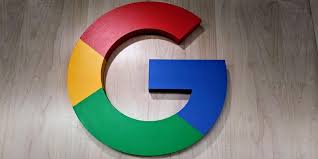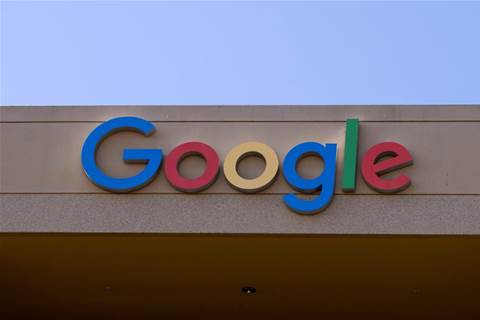Source: venturebeat.com
Google today announced the launch in general availability of Cloud Healthcare API, a service that facilitates the exchange of data between health care applications and solutions built on Google Cloud. The API allows organizations to ingest and manage data from a range of inputs and systems, and then to analyze that data through the use of privacy-preserving AI and machine learning.
Cloud Healthcare API could help relieve the strain on health systems overburdened by the coronavirus pandemic. As Google notes, even in the best of circumstances, collating data is often a challenge for health care and life science organizations. The API, then, enables providers to interact with data using endpoints and health plans that scale while supporting interoperability, security, and patient access.
Cloud Healthcare API — a managed, scalable environment for building clinical and analytics applications that support HIPAA compliance — incorporates a number of data-loss prevention, policy, identity management, and encryption solutions. Customers can choose the region where their data is stored, and they get management policies that let them implement practices like the principle of least privilege. And thanks to the API’s integration with Cloud Audit Logs, they can track all actions that affect their data.
Cloud Healthcare API ships with connectors for streaming data processing in Google products like Dataflow, BigQuery, AI Platform, and Looker. Beyond this, it features an automated de-identification capability that removes or obfuscates personal information from corpora so they can be used for analysis, training, and evaluating machine learning models and for sharing with non-privileged parties, while protecting patient privacy.
“With … Cloud Healthcare API and our partner ecosystem, our goal is to make it as simple as possible for the industry to make informed, data-driven decisions, so that caregivers can focus on what matters most: saving lives,” wrote Google in a blog post and product page. “With Google Cloud’s … analytics and machine learning tools, you can simplify custom machine learning model training, and rapidly develop, test, and deploy production-grade ML models. You can also leverage Cloud Healthcare API’s … [tools] to store the outputs of these [machine learning] models and integrate them into existing clinical workflows.”
Google says that the Mayo Clinic has been relying on the Cloud Healthcare API for the better part of a year to “enable the storage and interoperability of its clinical data.”
Cloud Healthcare API’s public launch comes a year after the service’s debut in beta and two years after its initial unveiling, a timeline roughly coinciding with a push by the U.S. Office of the National Coordinator for Health Information to encourage the use of APIs to promote health care interoperability, as a part of the 2016 21st Century Cures Act. Recently, Google’s efforts were impeded somewhat by a U.S. Department of Health and Human Services inquiry into its partnership with health care nonprofit Ascension, in which the latter shared millions of patient records with a team of Google employees for research purposes.
Microsoft offers something of a rival to Cloud Healthcare API in an Azure API that enables organizations to connect and interact with any system that supports the Fast Healthcare Interoperability Resources (FHIR) standard. For its part, Amazon Web Services boasts products like Amazon Comprehend Medical, which leverages machine learning to extract relevant medical information from unstructured text.


